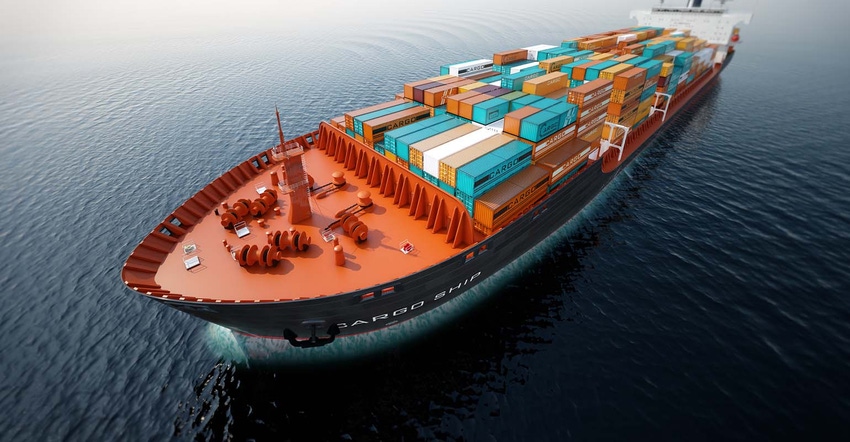
“Under the Heritage Foundation’s [A Blueprint for Agricultural Policy] approach, the United States would unilaterally eliminate its foreign policy and tariffs without securing a corresponding benefit from other countries. [I]f Congress were to follow the Heritage Foundation’s proposal, U.S. farmers would face a long, difficult period trying to survive as they wait for the rest of the world to meet them in the aspirational free market.” -John Gilliland
Gilliland, a Washington trade expert, penned this blistering attack on the Heritage Foundation’s view related to agricultural trade. Heritage claims U.S. farm policy is harmful and hurts trade liberalization. It asserts “…U.S. farmers would be better off if U.S. policy were unilaterally eliminated.”
Mr. Gilliland published “The Heritage Foundation’s Farm Policy Proposals: Harmful to U.S. Farmers and Ranchers and Ineffective in Advancing Free Trade” on June 13, 2017. It is filled with excellent statistics. For example, the World Trade Organization has had over 500 disputes filed and 350 rulings issued. He identifies the U.S. as a responding party in 130 disputes and as a complaining party in 114 disputes.
Only lost twice
What is interesting is that during that period, the U.S. has only lost two challenges in the agricultural arena. Those two were the cotton dispute with Brazil and the Country of Origin labeling (COOL) case.
Gilliland notes that “Many countries subsidize farm production, but nearly all maintain a regime of tariff and non-tariff barriers.” He suggests “No other sector of the U.S. economy faces a greater variety of government-sanctioned competitive challenges.”
He claims the U.S. already has low agriculture tariffs, and if we unilaterally disarm as Heritage suggests, U.S. farmers will be exposed to the distortions of trade created by foreign governments.
He supports his argument with strong statistical data.
First, he points out the U.S. has relatively low tariffs on many agricultural products. The average U.S. tariff rate on imported agriculture products is 4.8%. Canada, for example, has a much higher tariff on imported agriculture products of 16.7%. Mexico has an average applied rate of 15.6% while the European Union averages 10.7%.
Gilliland claims “Average tariff rates among developing countries are also generally much higher.” Astounding numbers
Second, the report examines “Producer Support Estimate (PSE)” which describes the amount of support provided to farmers in countries where the support takes the form of money transfers given to producers individually plus conservation payments. These numbers are astounding. For example in 2015, it is estimated that total “…U.S. PSE support at $38.7 billion. For the EU, the estimate was just under $89.9 billion. For China the number was $307.39 billion – up from less than $136 billion in 2010. (And people wonder why President Trump is upset with the Chinese government regarding trade issues? I doubt we will sell that much beef to China.)
The author also examines domestic agriculture support levels in China, India, Brazil, Turkey, and Thailand. He examined price support levels for three commodities…wheat, corn, and long-grain rice. In China the estimated price support for the three crops ranges from $48 billion to $109 billion. For India the range of support to farmers is $36 to $93 billion. It appears China’s economic growth has generated substantial government investments or subsidies to its farming sector. As we know, subsidies as described here and “opaque import restrictions” have led to worldwide gluts for corn, rice, wheat and cotton.
Gilliland’s report is filled with excellent policy background arguments and discussions surrounding the WTO and the WTO Doha agenda. It is worth reading.
The opinions of the author are not necessarily those of Farm Futures or Farm Progress.
About the Author(s)
You May Also Like




